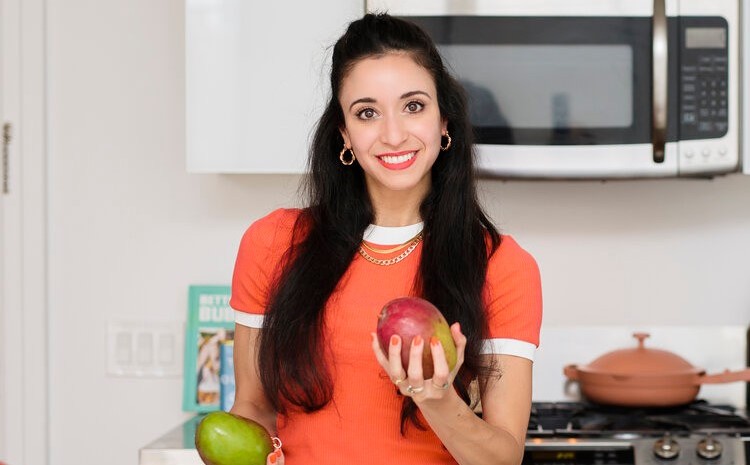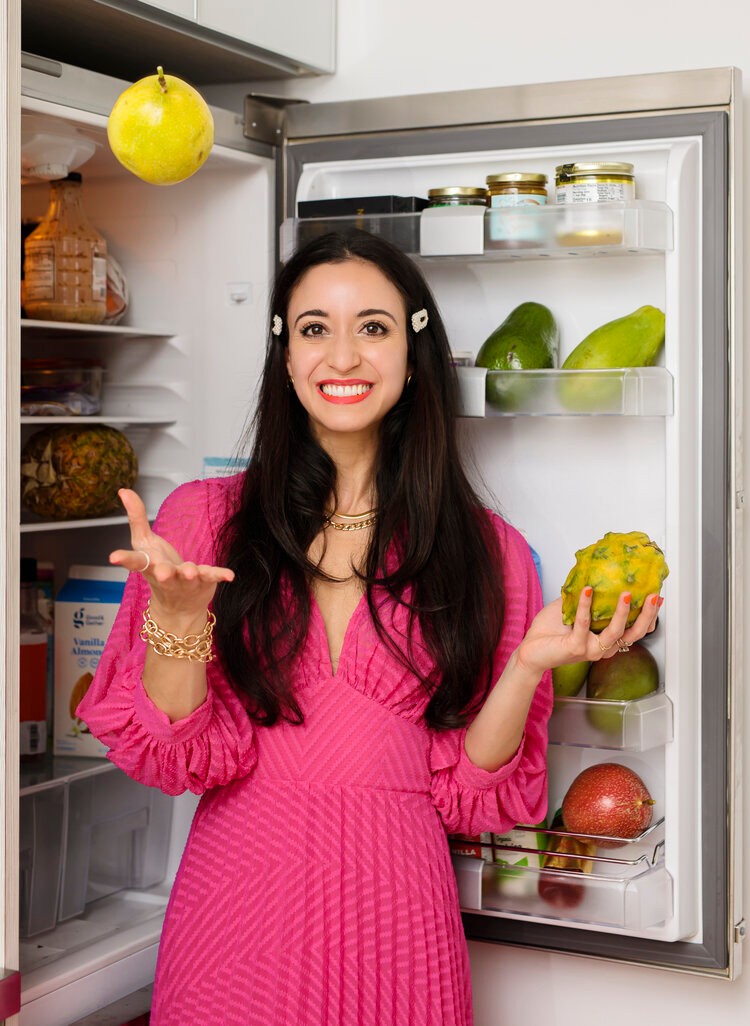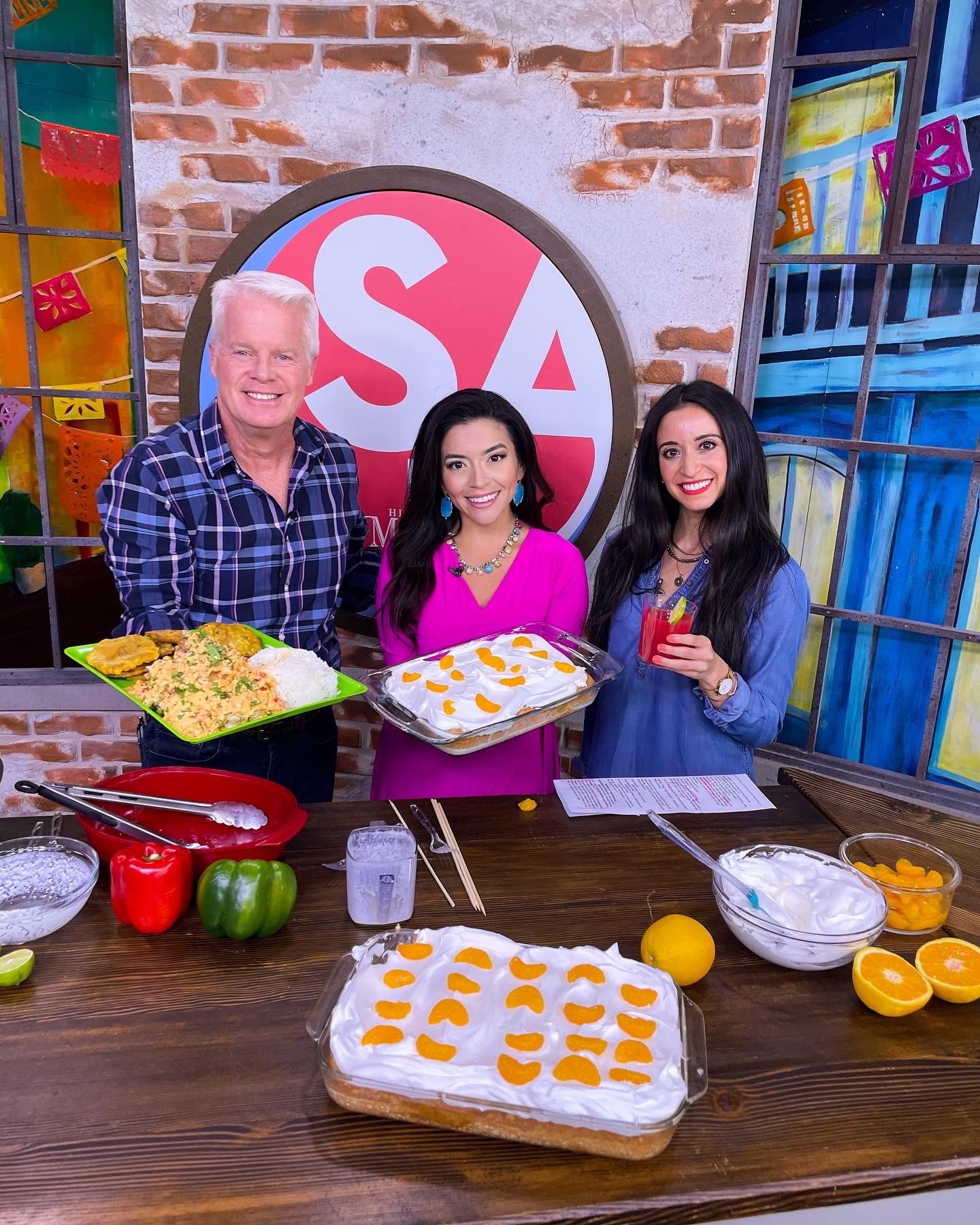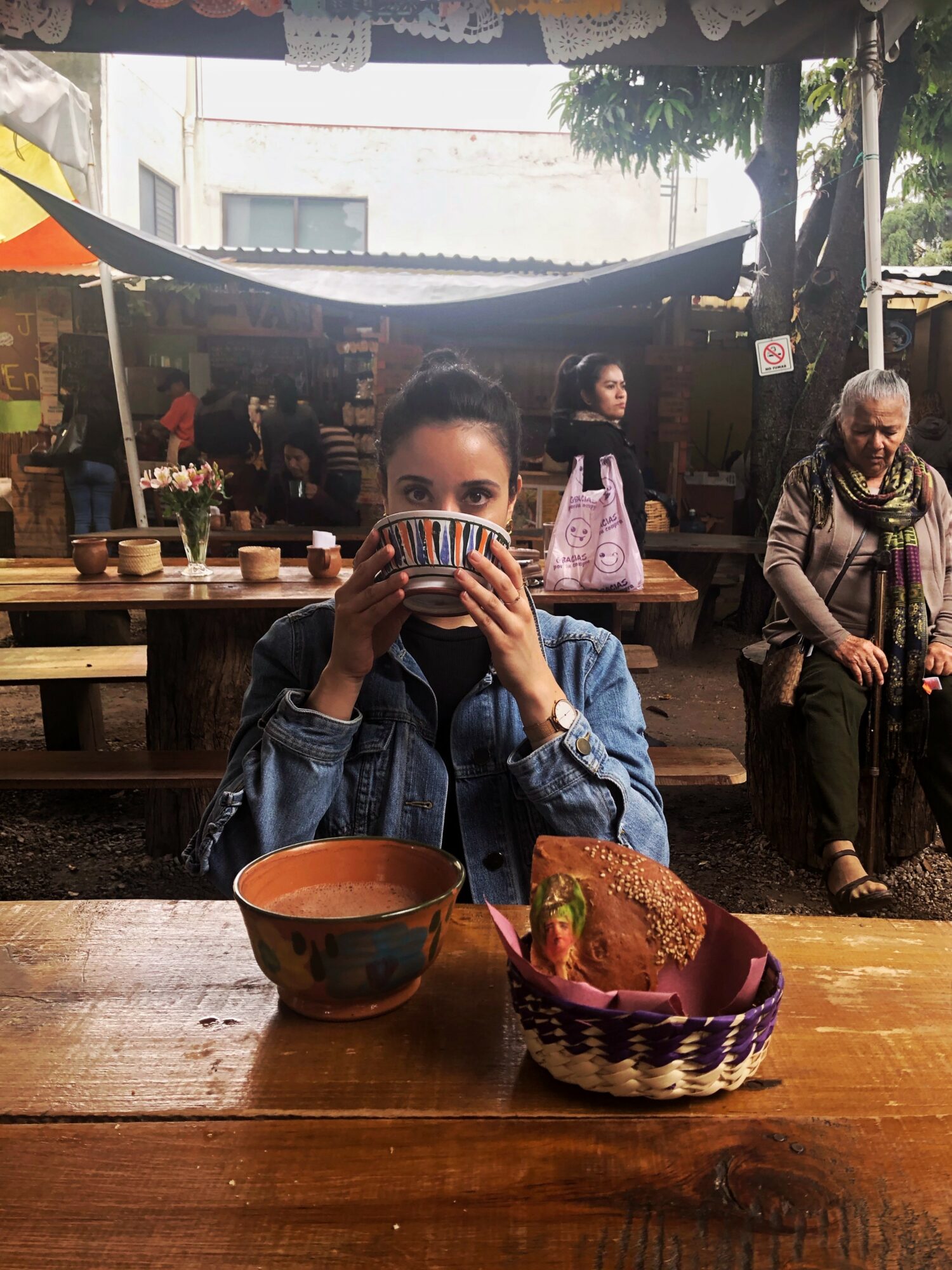

Today we’d like to introduce you to Marisel Salazar.
Hi Marisel, thanks for sharing your story with us. To start, maybe you can tell our readers some of your backstories.
I was in Madrid in 2010. I was at the Mercado de San Miguel when I took a bite out of an anchovy-stuffed olive. This was my single-serving culinary awakening, my Remy-the-rat Ratatouille moment — a full-body fireworks feeling that inspired my calling and career as a food, travel, and lifestyle writer and host. I was completely floored by the sublime umami, the salty, savory meatiness of that mouthful. Born in Panama to a Cuban-Panamanian mother, I spent my childhood living — and eating — in Hawaii, Japan, and the culturally diverse Washington, DC area. I graduated from Cornell University, writing about food for the school newspaper and holding 10+ person dinner parties while taking culinary and nutrition courses. But becoming a food writer is not the dream job any immigrant single mother wants for their child. It is incredibly unstable, competitive, difficult, and not a moneymaker by any means. There was and still is no road map for what I do – even more so when I started.
But my entry-level day jobs (working as a business management consultant and a web analyst in DC) were the bland but necessary milk-and-flour staples I needed to live. A series of small kitchen externships and gigs moonlighting as a food writer were the star ingredients that gave me life the spice, color, and full-bodied flavor I craved. A 2014 corporate layoff turned out to be a blessing in disguise because it pushed me to finally put all of my eggs in one basket and make the move to New York City where I further diversified my experience. I kept writing but also worked as a chef’s assistant and accidentally started an underground wholesale granola business out of her apartment, baking 50 pounds a week for boutique hotels in Soho. Today, I work not just as a food writer (for Michelin, Zagat, Eater, VinePair) but also as an on-camera host, professional recipe developer, and in-progress cookbook author, which is what brings me to San Antonio, TX, where I am conducting research for my cookbook.
Would you say it’s been a smooth road, and if not what are some of the biggest challenges you’ve faced along the way?
There is no road map to becoming a food writer – even more so for an immigrant Latina, the daughter of a single mother. Unlike other jobs, there is no course or surefire path to employment or success. You can’t just go to school or get a degree in food writing (perhaps there are now courses these days, but it is not a solid, widely recognized degree), study for a test and do well, then apply for jobs (since FT employment food writing jobs are in extremely short supply), much less earn a comfortable living. And I do want to live comfortably while pursuing my dream – despite not having a trust fund, financial parental support, or a husband or partner to support me.
At the time I was starting out, the best shot you had at being a food writer was taking an unpaid internship for a magazine in New York City while footing the bill for expensive city rent, food, and travel. That was simply not an option for me while in school, as I worked multiple jobs throughout the academic year and summers to pay down my tuition already. Those unpaid internships were a luxury. I had to support myself 100% in all ways. So I also diversified my income which I believe made me a better writer. I worked in many facets of the food and restaurant industry to also get a sense of where my place in the food world was.
The Covid-19 pandemic was devastating to the successful business I built all on my own and maintained for 8+ years.
When restaurants shut down, my private consulting business also shut down as my clients no longer had the revenue to afford any non-essential operational services. The magazines I wrote for stopped contracting external writers since they were also laying off their own full-time employees. It was a real turning point in thinking “Do I need to start looking for full-time employment relating to my former professions in web analytics and marketing?” You do what you must in these moments.
While in my own personal and professional crisis, I kept writing stories where I could about restaurant workers’ heartbreaking stories, particularly those of Hispanic backgrounds. This gave me a sense of purpose but also an attempt at helping those less fortunate around me using my greatest talent: writing and storytelling. I even hosted and produced a documentary about the tribulations of the restaurant industry during this time with director Stephen Mucci. No matter how things are tough for me, I try to always help others however I can.
Thanks – so what else should our readers know about your work and what you’re currently focused on?
I am a bilingual, Latinx New York City-based food writer, restaurant critic, cook, and recipe developer for publications like the Michelin Guide, Zagat, Infatuation, Wine Enthusiast, VinePair, Thrillist, PureWow, and more. I am the creator of the guide’s popular column Eating Off Duty: What celebrated chefs eat outside their kitchens. I’ve been featured on NYT Cooking and do recipe development/digital videos for The Spruce Eats, The Kitchn, Food52, Delish, Buzzfeed Tasty, Tastemade, and more. I am a member of the National Association of Hispanic Journalists, the Newswomen’s Press Club of New York, and the International Association of Culinary Professionals.
Expertise. My specialties are traditional to modern Latin-ish foods with fun riffs (I am originally from Panama and part Cuban), Japanese food (I lived in Japan for 4 years), Hawaiian food (I lived in Hawaii for 3 years), Spanish cuisine (I lived in Madrid), and wine (I write for top wine publications and studied wine tasting. I love fun wine pairings). My range within the food industry is deep: I cover fine dining, and the technical side of cooking, dive deep into cultural context and have interviewed politicians, celebrity chefs, non-food celebrities to undocumented workers. When I’m not writing about food, I write for beauty, health, and wellness publications like Well + Good, PureWow, and mindbodygreen. I also co-author and ghostwrite cookbooks with celebrity chefs and have a treatment for my own cookbook currently in development.
In front of the camera: I’m also the host of the United States of Spirits on Spirits Network and Driven to Dine on MSG Networks. Catch me in front of the camera on Food & Wine, Bon Appetit, The Kitchn, the TODAY Show, NY1, and San Antonio’s very own KSAT12.
I’ve been featured on NY1, ABC10, InsideHook, NYT Cooking, and more. Borrowed Time is my debut documentary as host and co-producer, currently in post-edit. It focuses on the effects of Covid-19 on the restaurant industry.
I am most proud of my written work for the publication Life & Thyme about a Salvadoran chef’s journey from El Salvador to New York City and the challenges he faced and an Egyptian halal cart vendor that doesn’t speak English and how he manages his life in an English-speaking country.
Any advice for finding a mentor or networking in general?
It takes courage and energy to network and finds a mentor. Networking is uncomfortable to work – you really have to put yourself out there and understand how you are presenting yourself. You also have to be very real and critical with yourself and how you conduct yourself with others – and if something isn’t working, having the grace to change those things about yourself if they are things that are not a part of your core value system or ethics.
When looking for a mentor, I seek out those whose work I admire and make sure I follow them across all social networks and understand their history/body of work. I’ll reach out via their desired medium introducing myself, who I am and what I do, what I am looking to accomplish, seeking from them, how I think they can help me, AND MOST IMPORTANTLY, how I can help or be of service to them.
Being someone’s mentor IS a job. And a good mentor takes time and work. Always think about what YOU can bring to the table when seeking a mentor. The person who you desire to be your mentor is probably pretty busy since they are so great, right? Be prepared to not hear anything back or for rejection. And always make sure to have a list of potential mentors you admire in case your first pick doesn’t work out. Again, this will take some trial and error to find out what resonates with people.
Contact Info:
- Website: https://www.mariselsalazar.com/
- Instagram: https://www.instagram.com/mariselmsalazar/
- Facebook: https://www.facebook.com/MariselMSalazar/
- Twitter: https://twitter.com/MariselSalazar
- Youtube: https://www.youtube.com/channel/UCmlIVkr5wEYvsDrDDjZ943A
- Other: https://www.tiktok.com/@mariselmsalazar



 Image Credits
Image Credits
Sophie Sahara











